Nirbhaya case: Worst 2012 Delhi Gang Rape & murder in Indian history
A twenty-three-year-old woman Jyoti Singh was gang raped and severely attacked in a moving bus infamous Nirbhaya case. This tragic and shocking incident happened in south Delhi on the chilly and dark night of December 16, 2012. Jyoti Singh was a 23-year-old intern in physiotherapy.
She was going with her friend Awindra Pratap Pandey on the bus when culprits subjected her to abuse, including beatings, gang rape, and torture, in Munirka, a South Delhi.
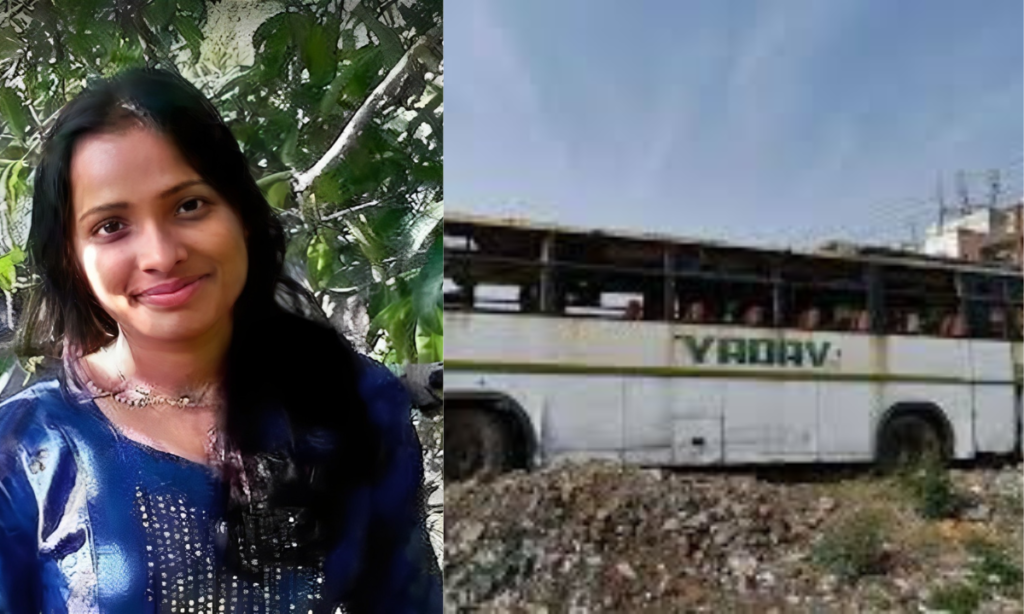
Who was Jyoti Singh and Awindra Pratap Pandey?
Jyoti was born in Delhi on May 10, 1990. She was the only daughter of a lower-middle-class family and the oldest of three children. Her parents were natively from a small town in the Ballia district of Uttar Pradesh.
Jyoti Singh had recently applied for an internship at St. Stephen’s Hospital in Delhi after receiving her physiotherapy degree from the Sai Institute of Paramedical & Allied Sciences in Dehradun.
Awindra Pratap Pandey, a male victim, was a software engineer from Gorakhpur, Uttar Pradesh, who now resides in Ber Sarai, New Delhi.

What happened exactly on December 16, 2012?
After seeing the movie “Life of Pi” that evening on December 16, 2012, Jyoti and her friend Awindra were looking for a conveyance to return home.
At the Munirka bus terminal, they took an off-duty charter bus with six other guys, including the bus driver. The men closed the bus doors, and soon bus began to travel in an unplanned direction.
When Awindra objected, thinking something wasn’t right, he was yelled down, and the intoxicated guys began abusing and inappropriately touching Jyoti.
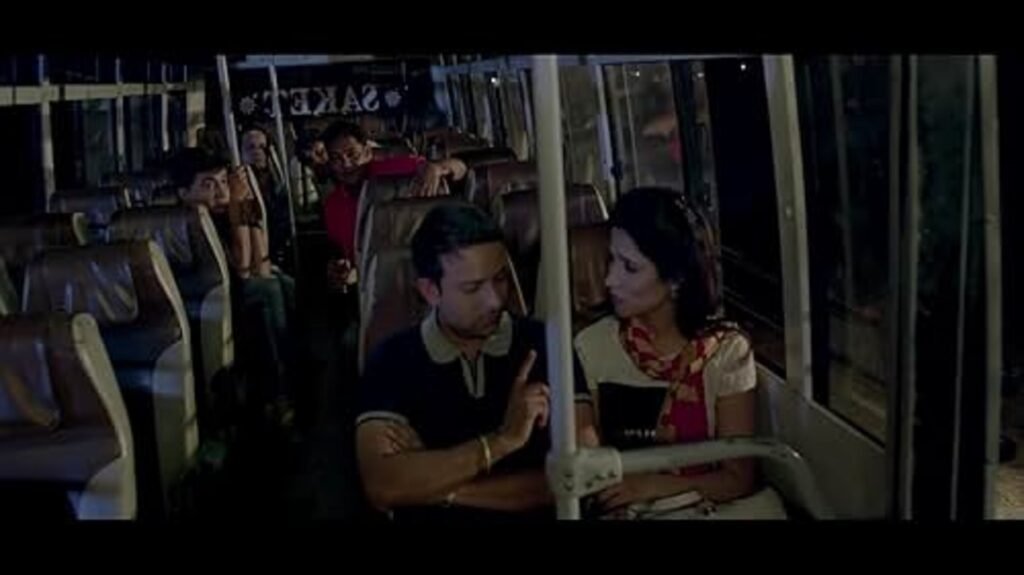
This led to a fight between victims and busmen. Men used a rod to knock down Awindra when he tried to stop them from sexually molesting Jyoti.
But, he failed and collapsed unconscious, unfortunately. Afterward, men pulled Jyoti to the back of the bus where they gang-raped her repeatedly for more than an hour.
One of the young attackers penetrated an iron rod into her vagina while pulling and ripping her intestines apart as she struggled back against them. Meanwhile, the bus driver continued to drive throughout Delhi.
After committing horrible deeds on the bus, attackers threw Jyoti and Awindra off the bus to let them die on the side of the road.
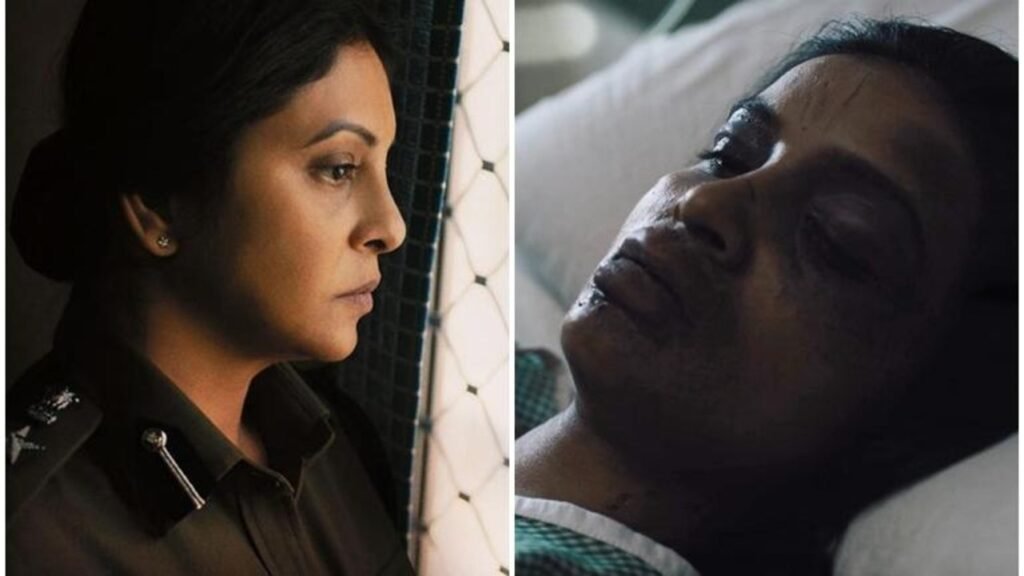
Discovery of Jyoti and Awindra
A bystander was passing on a road when he found two partially dead people. Soon, he called Delhi Police who rushed both victims to Safdarjung Hospital after finding them alive.
Jyoti was barely alive as doctors found she had left with only percent intestines which kept her life at high stake. She remained on a mechanical ventilator for artificial oxygen supply till her last breath.
Another victim and her friend Awindra survived but with broken limbs. However, Jyoti alias Nirbhaya passed away due to her brutal injuries after being on her deathbed for thirteen days on December 29, 2012.
Before, her death, Jyoti stated she wanted six culprits to face justice in her testimony to the police.
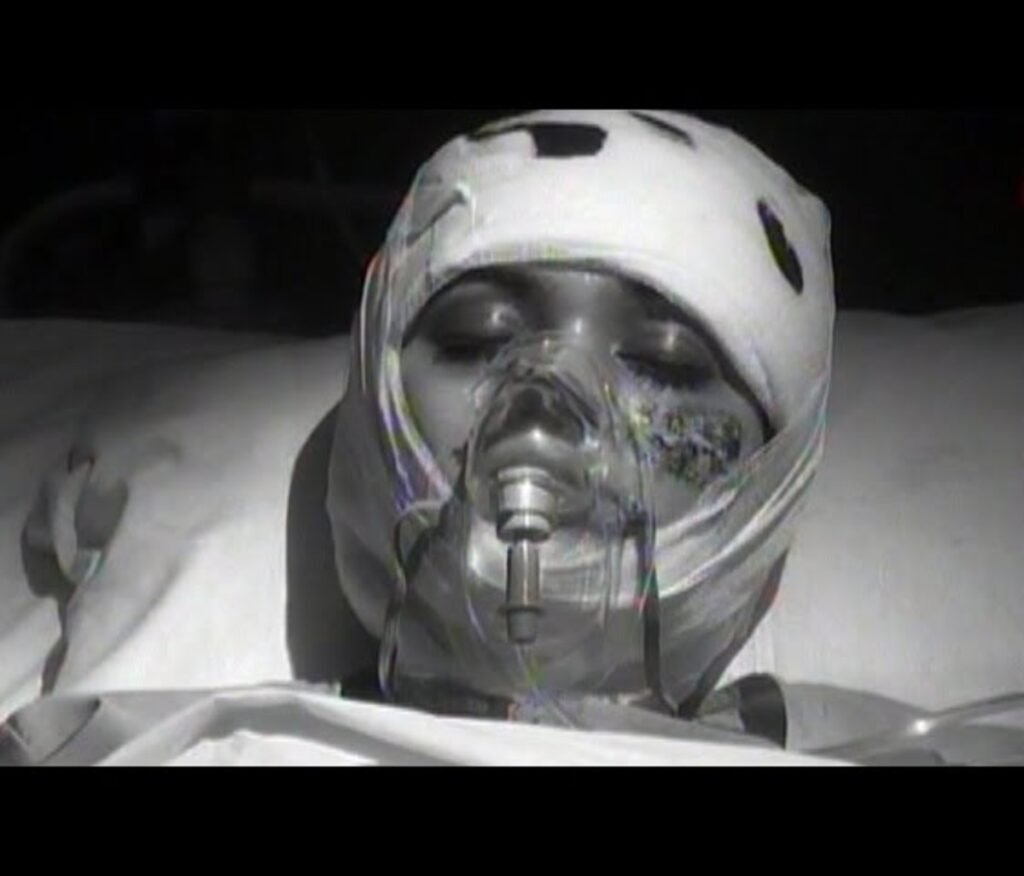
Why was Jyoti called Nirbhaya in a gang rape-murder case?
The rape laws in India don’t allow using victim’s name in media. So, various media outlets used different names for Jyoti but Nirbhaya emerged as the most commonly used name in the Jyoti Singh case.
Nirbhaya means “fearless” due to her brave conduct in the gang rape murder case and her struggle with life in the aftermath of the brutal incident.
Police records state that Jyoti bit three of her attackers in an attempt to fight back against them. She left bite marks on the accused males who retaliatory inserted the rod into her private parts. It severely damaged her uterus, genitals, and intestines.
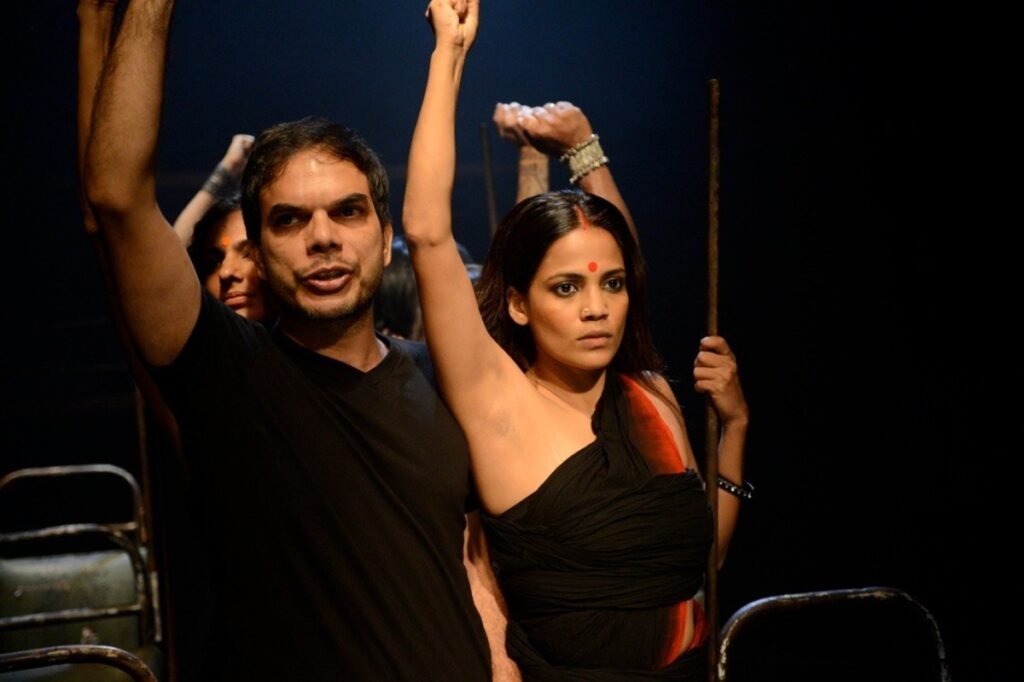
Protests and Arrests in Nirbhaya case
The Nirbhaya case sparked nationwide protests and demonstrations. The violent clashes happened between protestors and security personnel. They protested against the government’s inefficiency in providing safety to women and demanded immediate justice for Jyoti in the Nirbhaya case.
Following public pressure, the government also initiated legislative amendments related to violence against women in the Indian Constitution. Moreover, it ordered relevant authorities to arrest the culprits involved immediately in the Nirbhaya case.
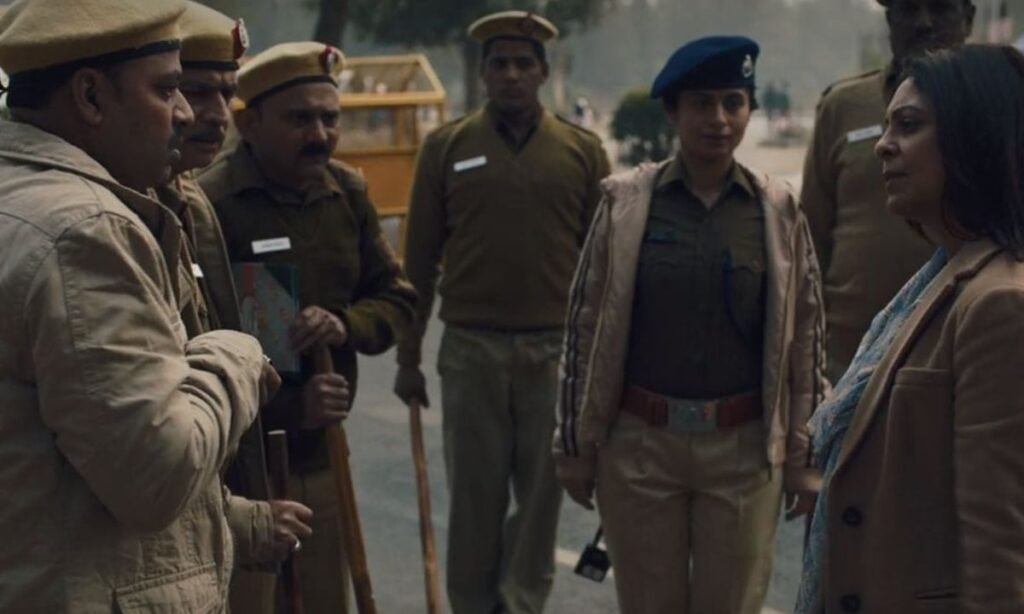
It formed a Special Investigation Team (SIT) headed by Deputy Commissioner Pramod Kumar Kushwaha of the Special Cell of the Delhi Police.
The team found and arrested some suspects within 24 hours after the crime with the help of highway CCTV footage and description of attackers by male victim Awindra. Eventually, they arrested all six males.
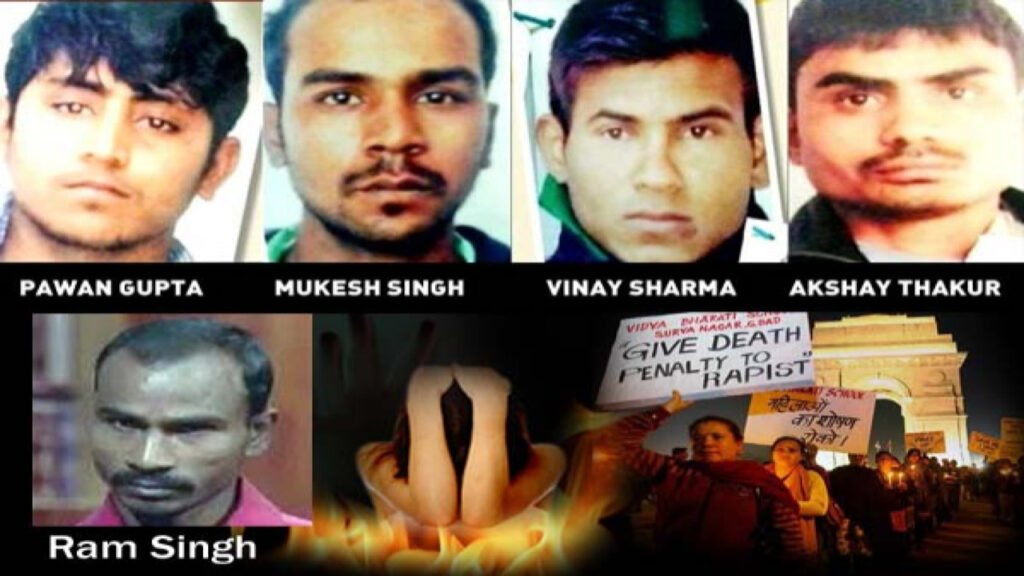
Suspects and Court Trial in Nirbhaya case
Bus driver Ram Singh, 30, and his brother Mukesh Singh, 26 were culprits involved in the Nirbhaya gang-murder case. Others included 19-year-old fruit vendor Pawan Gupta and 20-year-old assistant gym instructor Vinay Sharma.
Mohammed Afroz, a 17-year-old juvenile, and 28-year-old Akshay Thakur, who had traveled to Delhi in search of work were also among the culprits.
The bus driver, Ram Singh, killed himself on March 11, 2013, at Tihar Jail while the Nirbhaya case trial was ongoing. However, Afroz received a maximum sentence of three years in a rehabilitation institution. He faced charges in a juvenile court apart from other convicts.
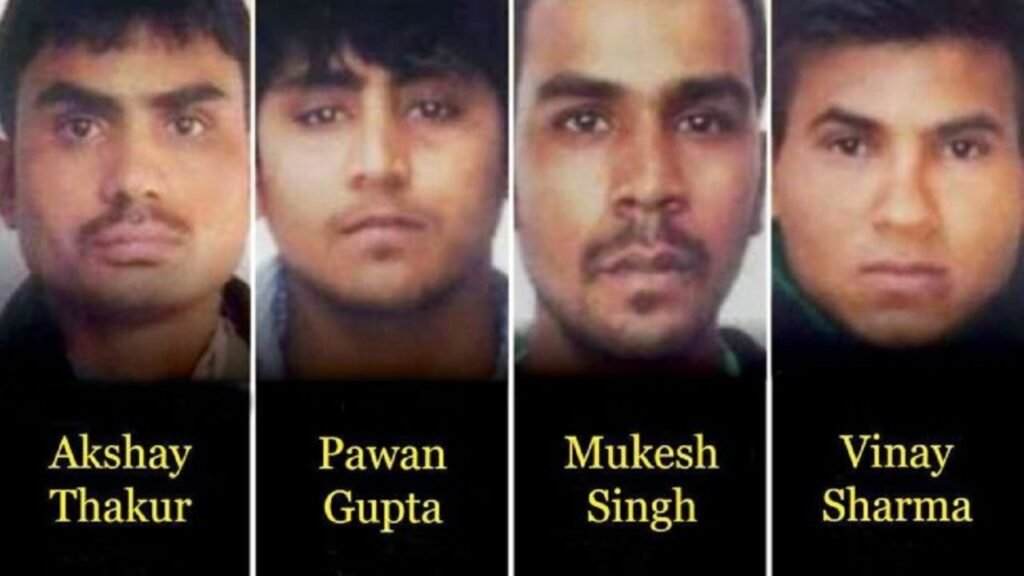
The court gave Afroz this convenience because of his age. It also observed his circumstances he had met other convicts on the same day the incident happened.
The trial court sentenced Mukesh, Akshay, Pawan, and Vinay to death in September 2013. One of the convicted prisoners Akshay requested a review of the ruling, but their request was denied. The Supreme Court dismissed the ruling of Akshay’s review petition on December 18, 2019.
Following this verdict, all four culprits were executed on March 20, 2020, for the horrible and inhumane deeds they did to Nirbhaya.
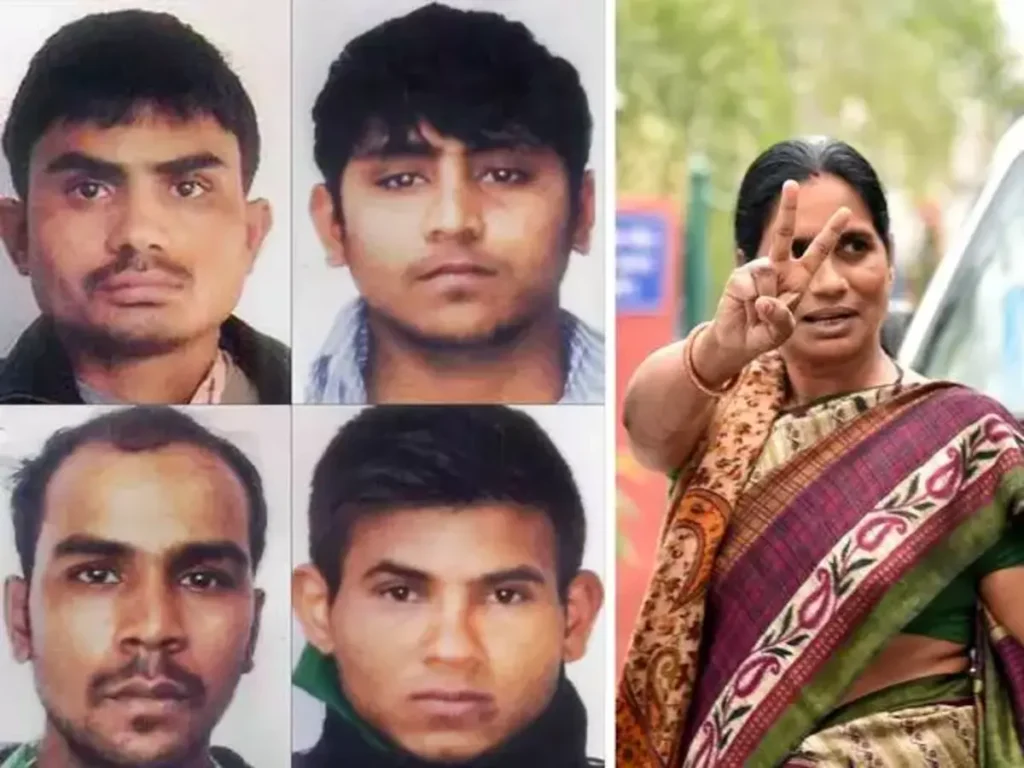
Conclusion
Despite the passing 12 years of the Nirbhaya case, the agony and tragedy of this brutal incident are still felt throughout India.
This case marked a turning point in Indian law with significant amendments against violence against women either physically or sexually.
But what we witness, is horrific rape-murder cases with much high intensity have increased for past years. It shows the fragile social and moral fabric of India and how drastically it fails to protect national women.
Share this content:




Post Comment